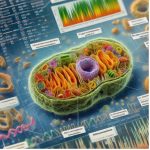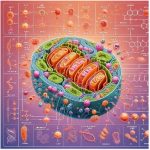 |
Cell Metabolism Core |
 |
The Cell Metabolism Core at the Department of Biology provides the internal and outside researchers, including industry scientists, with a central resource for metabolic phenotyping and mechanistic studies though organelles-based and cell-based approaches to advance understanding of metabolic pathways contributing to physiological and pathological processes. Interference or imbalances in cell metabolism impact upon cellular function and cause cellular stress associated with diseases. The Cell Metabolism Core offers multidisciplinary approaches to tackle challenging scientific questions effectively and to fully grasp the complexity of cell metabolism across the breadth of biodiversity.



